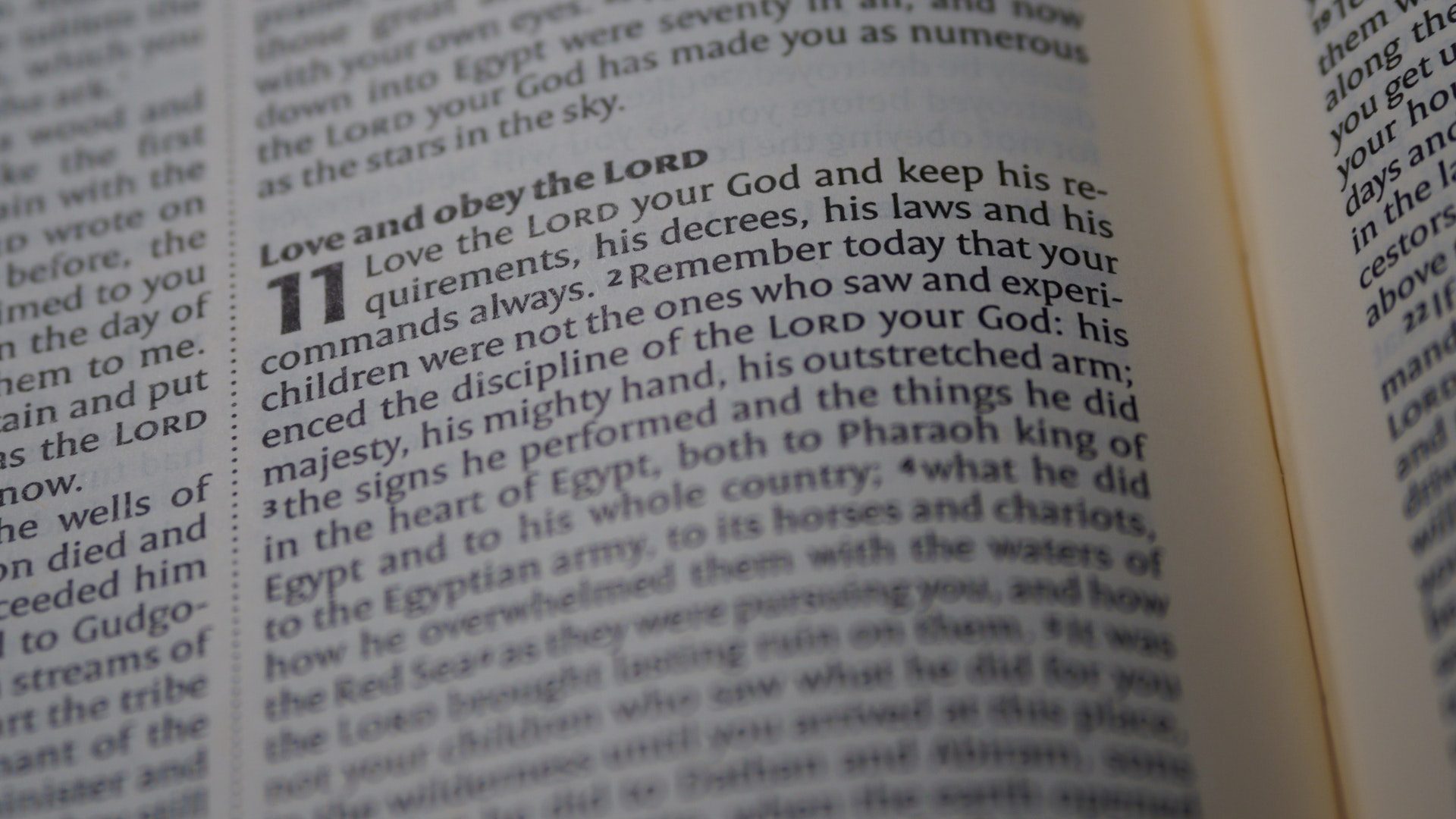Once upon a time, I capitalized God’s pronouns: He, Him, and His. No more. Why?
Well, the Bible doesn’t capitalize God’s pronouns in the original Greek and Hebrew, which is why translations like the English Standard Version (ESV) don’t capitalize them.[1]
If it’s a convention of humanity and not God, then we shouldn’t feel guilty for not following it.
That said, there’s nothing wrong with capitalizing God’s pronouns. Indeed, capitalized pronouns look rather nice in poetry and hymns. But it’s a stylistic choice, not a matter of right or wrong.
Maybe this isn’t an issue for anyone, or maybe this is old news to you. But if you’re anything like me, you’ve wondered about it.
Like many people, I grew up with the New King James Version. The NKJV capitalizes God’s pronouns, so I also religiously (pun intended!) capitalized God’s pronouns. Not capitalizing them felt disrespectful – at least until I learned more.
Interestingly, the King James Version also doesn’t capitalize the pronouns. The capitalization convention is a relatively recent development and has been falling out of style.
Frankly, if it’s good enough for the original Greek, the original Hebrew, the ESV, and even the KJV, it’s good enough for me. Tradition doesn’t ask it, and more importantly, Scripture doesn’t require it.
[1] “Preface,” in ESV Study Bible: English Standard Version (Wheaton, IL: Crossway, 2011), 21.





